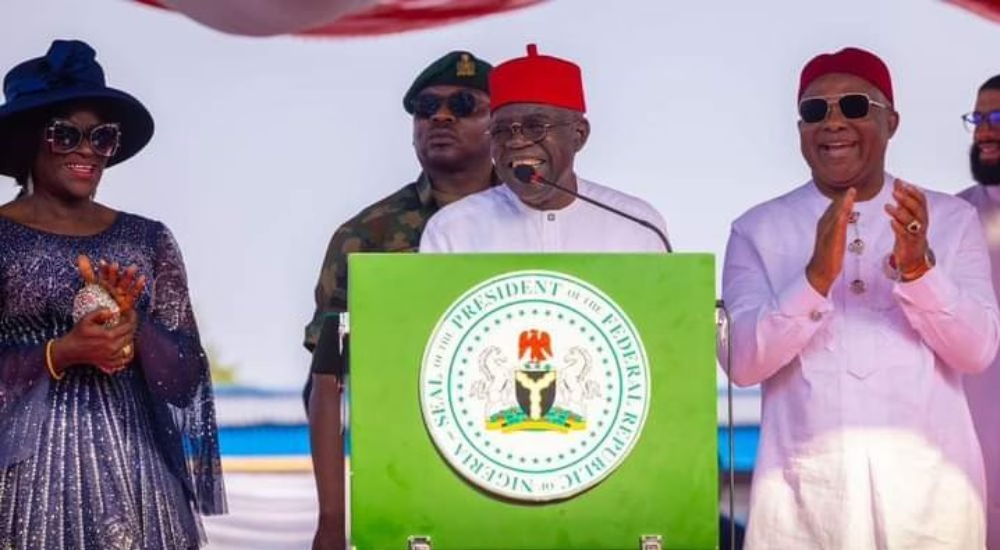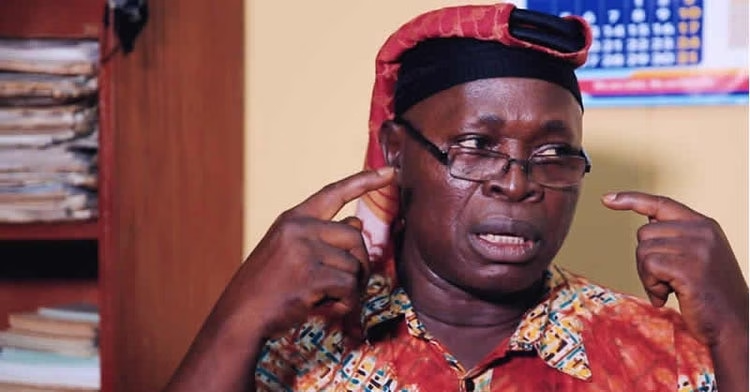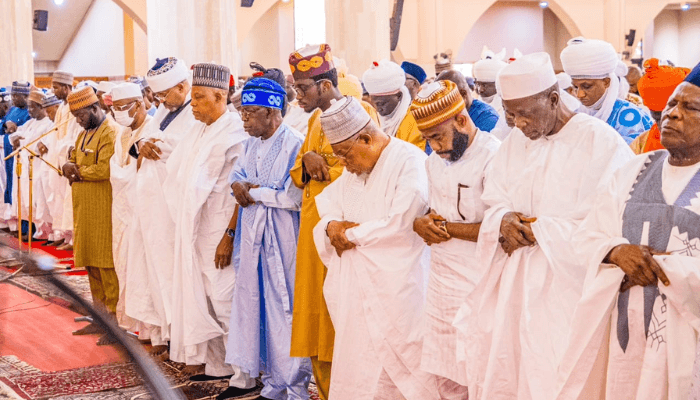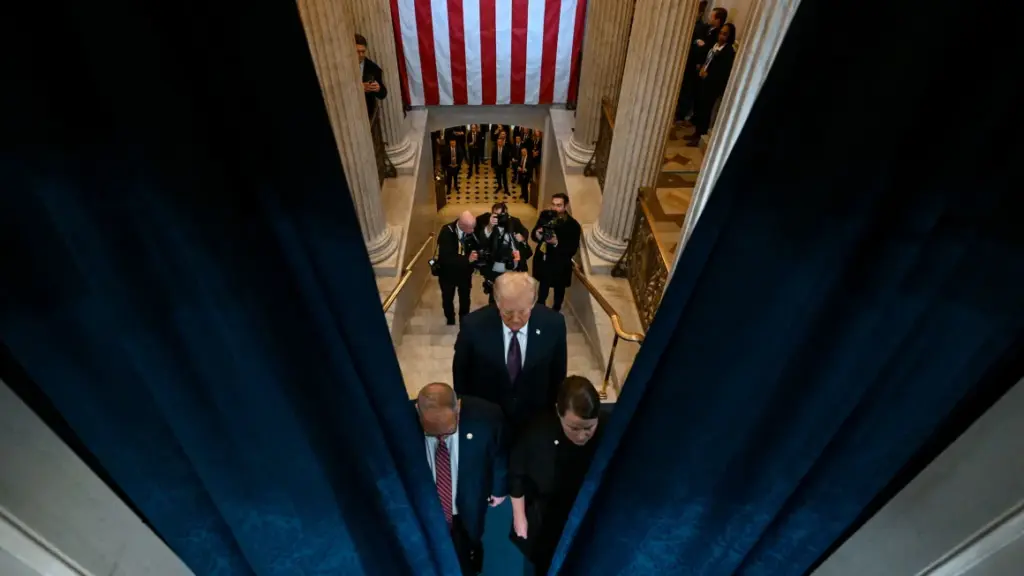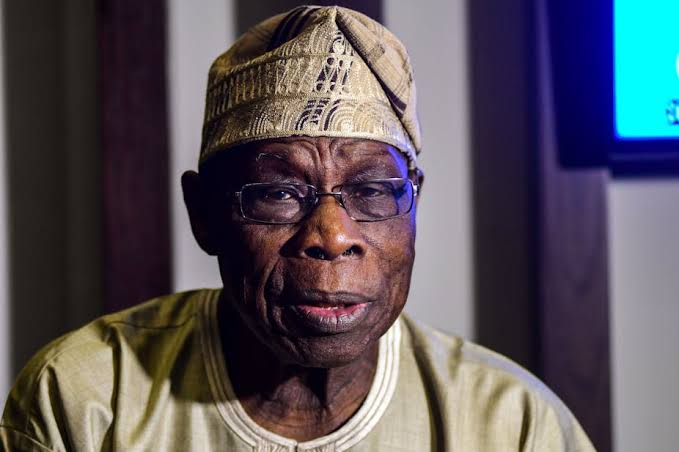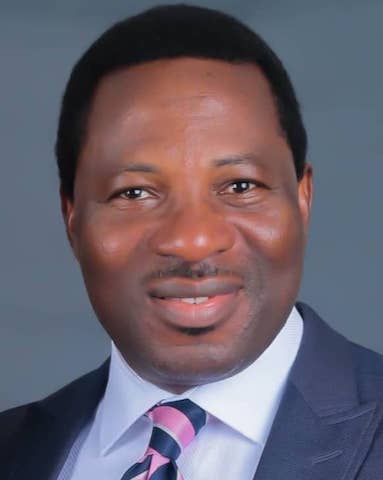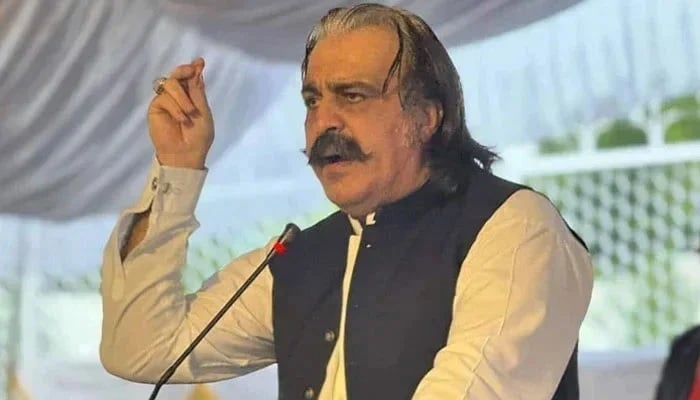Derek Burney: My strange three years amid the craziness of South Korean politics
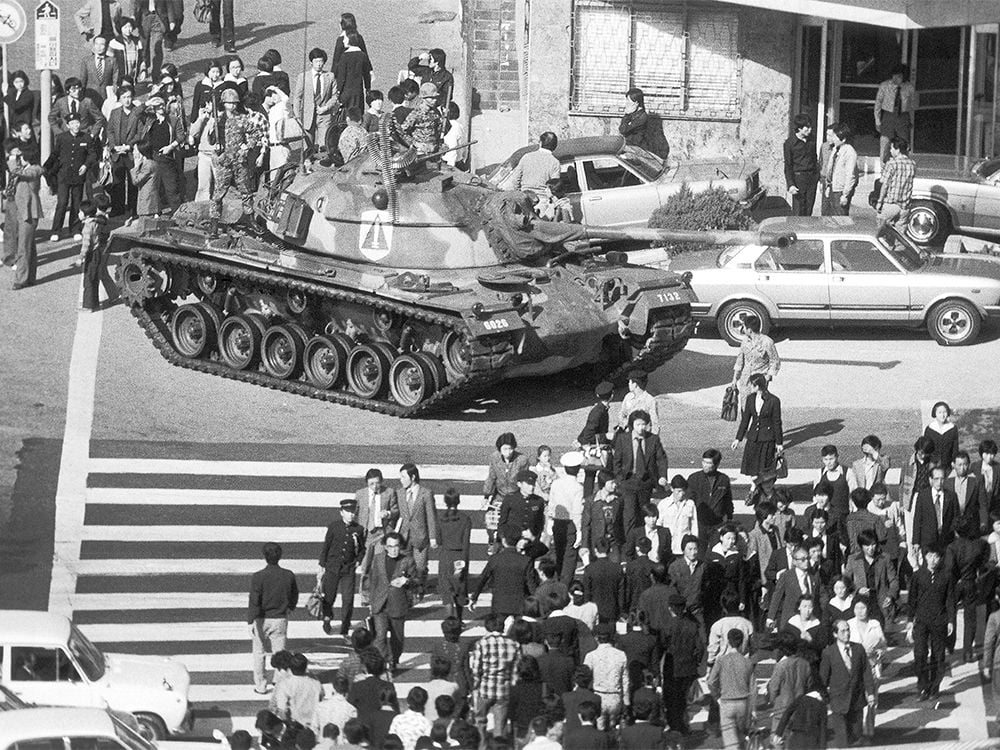
Published Dec 10, 2024
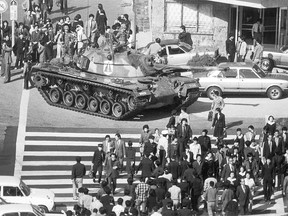
Caught in the middle of the convulsion was Kim Dae-jung, who had run unsuccessfully twice for president against Park and spent much time under house arrest. He was released briefly after Park’s assassination, and the publisher of a major Seoul newspaper hosted a “coming out” birthday party for him to which I was invited along with the U.S. and Japanese ambassadors. (Kim’s name could not be used by the press while he was under house arrest. He was usually described as “a dissident from the South.”) As ambassador, I had visited him several times during his house arrest and, knowing that our conversations were being monitored, asked pointedly how he was being treated.
For my farewell call on President Chun in October 1980, Ottawa instructed me to ask that Kim’s death penalty be commuted. It is not normal to raise items of substance during a farewell call and my session proved to be anything but normal. After initial pleasantries, I respectfully requested, on behalf of my government, that Chun consider commuting Kim’s death sentence.
On hearing the translation, the president bristled, grabbed the arms of his chair and yelled at me in Korean. His interpreter gave a spirited imitation in English: “What would (Pierre) Trudeau say if my ambassador asked him to commute the death sentence of a Canadian thug?” I had to think quickly. “It would never happen, Mr. President, because we do not have the death penalty in Canada. Mr. Trudeau does not have that kind of power anyway. Very few leaders do. Not even,” I added, “the president of the United States. You are one of very few who have such power.” As the translator relayed my answer to the president, the English-speaking foreign minister, Pak Tong-jin, furiously interjected: “The president of the United States does so,” he declared. “No, he doesn’t.” “Yes, he does.” “No.” “Yes.” The president had had enough. He slapped my farewell gift (an ashtray) down on the table. His military aides brought it to me, lifted me up by the elbows and frog-marched me unceremoniously out of the Blue House.
President Yoon’s shocking declaration of martial law last week sparked outrage across the board, including from his prime minister, Han Duck-soo — who would become acting president if Yoon were recused — and the foreign and finance ministers. The Opposition called it “incursionary behaviour” and urged citizens of Seoul to storm the Parliament building in protest. Following a 190-0 vote by the Opposition-dominated Assembly to reject martial law, Yoon rescinded his declaration.
Yoon had claimed martial law was needed to eradicate unspecified “pro-North Korean and anti-state forces” arrayed against him and the country. The situation was deadlocked over long-simmering disputes between the conservative government and its opponents concerning budgets, investigations and scandals. Yoon won the presidential election in May 2022 running as a conservative hard-liner on North Korea but, in April this year, the Opposition won in a landslide. Parliament was deadlocked, unable to pass bills that the president wanted, including for the budget. But his move to implement martial law was seen as an act of desperation and a major political miscalculation. His grip on power and his political fortunes imploded spectacularly.
Because the minority governing party boycotted the initial impeachment vote on Saturday, it failed to get the necessary two-thirds support. To assuage political confusion, the head of Yoon’s party announced that they would resolve the crisis “in a more orderly and responsible manner than impeachment,” adding that President Yoon had agreed to an early departure. Nonetheless, the Opposition vowed to pursue impeachment “every Saturday.”
While South Korea’s economic performance has been remarkable, its politics have often been polarized. Democracy survives, at least for now, but reverberations over the martial law attempt will haunt effective governance for months to come, and instability is what South Koreans fear most.
Discover more from Tamfis Nigeria Lmited
Subscribe to get the latest posts sent to your email.



 Hot Deals
Hot Deals Shopfinish
Shopfinish Shop
Shop Appliances
Appliances Babies & Kids
Babies & Kids Best Selling
Best Selling Books
Books Consumer Electronics
Consumer Electronics Furniture
Furniture Home & Kitchen
Home & Kitchen Jewelry
Jewelry Luxury & Beauty
Luxury & Beauty Shoes
Shoes Training & Certifications
Training & Certifications Wears & Clothings
Wears & Clothings





